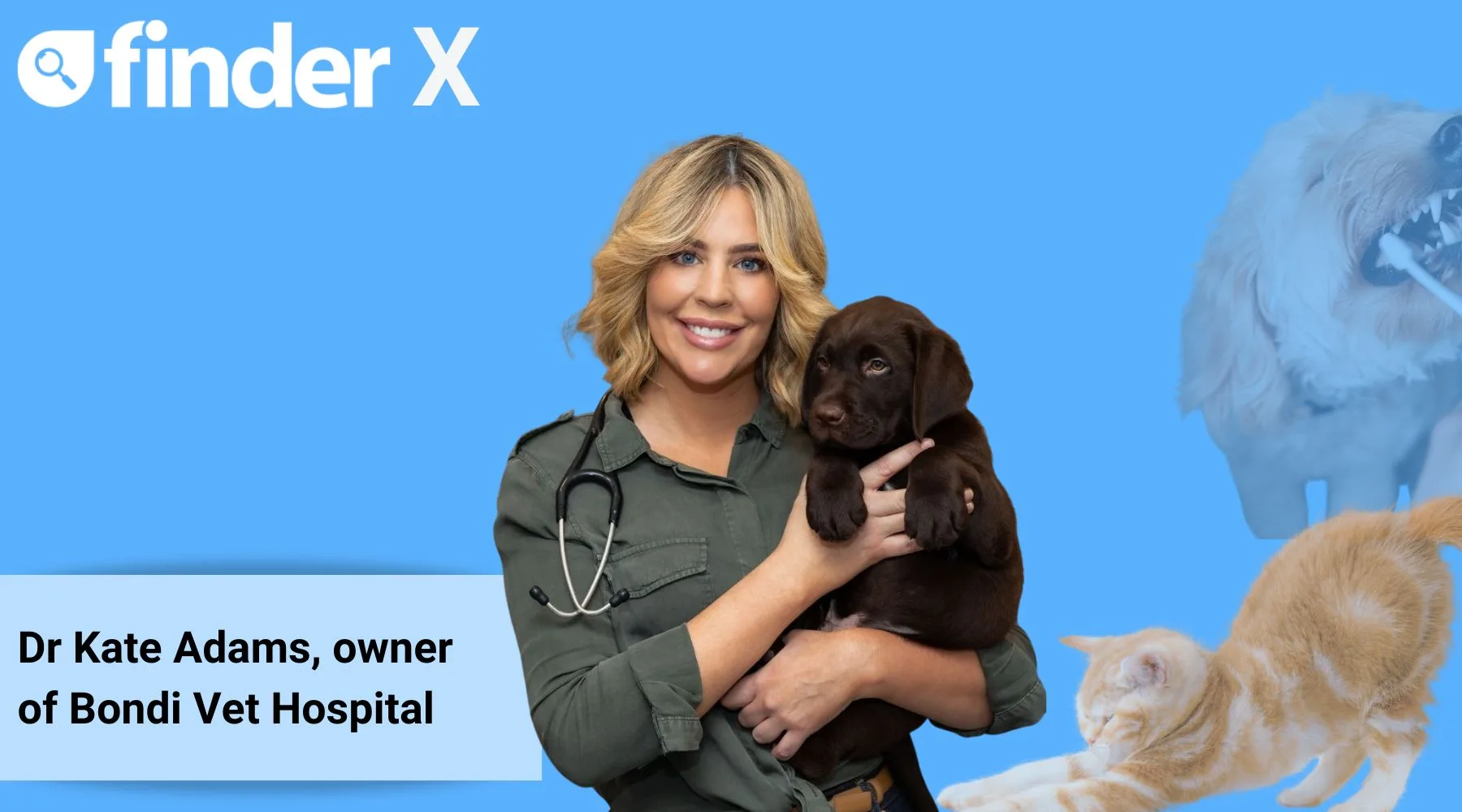Looking for ways to save on pet costs? 8 dos and don’ts to get you started

There are ways to save money without compromising on the quality of care that your furry friend receives.
As a veterinarian, my main job is to make a pet's life better. Everyone wants the best for their furry friend and while some essential costs are unavoidable, saving money is still very much a possibility.
Here are my 8 dos and don'ts that will help you save without requiring you to skimp on quality healthcare and nutrition for your pet.
1. Brush your pet's teeth
The biggest way to save money on your pet is to brush their teeth. You don't need a specialist dog toothbrush and you don't even need dog toothpaste (but don't use human toothpaste either).
All you need is a small soft toothbrush from the supermarket and some water. If people did this regularly, they would save thousands on vet bills, dental health problems and packaged dental treats.
How often do you brush? Well, every day if you can manage. Start slow with just 1 tooth and build up to brushing all their teeth over a 6- to 12-month period.
2. Quit the canned dog food
Stop feeding canned wet food to your dog. It might be okay with cats as it provides some benefit in water content, but for dogs, it's not worth the money.
The nutritional value is minimal and expensive at $3–$5 a can for what you get.
Fresh food for dogs and cats is great but the costs per kilo can add up fast. I don't believe it has any major nutritional benefits for normal dogs without health issues over good quality dry food.
Read about the full costs of owning a dog, especially if you're a new pet owner.
3. Stop buying treats
Make your own dog treats. Grab a dehydrator online for between $50 and $100 and make your own jerky.
You can control the ingredients so they can be healthier and lean. All it will cost then is the meat and a bit of time. This will be half the price of dog treats from the supermarket.
4. Keep using flea and tick prevention
Continue using flea and tick prevention, especially in tick-prone areas of Australia. You might think you are saving money by skipping the flea and tick prevention, but if your pet gets a paralysis tick, they might end up fighting for their life.
Tick treatment is upwards of $2,000 for a mild case. Costs can go far beyond that for severe cases.
5. Do your due diligence before swapping insurance companies
Switching to a different insurance company could cost you money in the future.
There is a tendency to try and swap to a cheaper insurance company. But what you need to keep in mind is that the definition of "pre-existing conditions", as well as the policies, vary from company to company.
Before making the decision on a change of insurance companies, be sure you do your research and seek clarity on what your pet may not get covered for.
And lastly, is insurance "worth it"? For most dogs, absolutely yes. It's a massive saver in the longer term, even if it feels expensive right now.
Searching for pet insurance? Check out Finder's top picks this month.
6. Regular ear home care
Carry out regular ear home care for your pet if they are prone to ear infections. Too often people keep seeing their vet for ear infections and have to pay consultation fees every single time.
Do some research on preventing ear infections and home care regimen for ears. You can ask your vet how to avoid them for your dog.
7. Regular grooming
Don't skip a trip to the groomers. Pets such as Oodles can get their hair long and matted and then the groomer is likely going to charge you double than if you had got them groomed earlier.
You can of course groom them at home which can save you money, but depending on your pet, it's harder than it looks.
8. Learn to express their anal glands at home
This is if your dog is prone to anal gland issues. It sounds gross, and yes it is. It's gross for us vets and groomers too as a matter of fact, but learning to express them yourself will save you money.
Ask your groomer or vet to teach you how to do it. It's not that hard to learn. Adding some pumpkin (high in fibre) to your pet's food can also be very helpful.
Dr Kate Adams is the owner and head vet at Bondi Vet Hospital and has worked all over Australia, after graduating from Murdoch University in Perth. Dr Kate is passionate about pet nutrition, behaviour and preventative integrative health. She is also a speaker and TV host, featuring most recently on hit series Bondi Vet, as well as Sunrise and the Today show. Follow her on Instagram @drkateadams.
Disclaimer: The views and opinions expressed in this article (which may be subject to change without notice) are solely those of the author and do not necessarily reflect those of Finder and its employees. The information contained in this article is not intended to be and does not constitute financial advice, investment advice, trading advice or any other advice or recommendation of any sort. Neither the author nor Finder has taken into account your personal circumstances. You should seek professional advice before making any further decisions based on this information.
Images: Getty Images, Supplied
Ask a question
